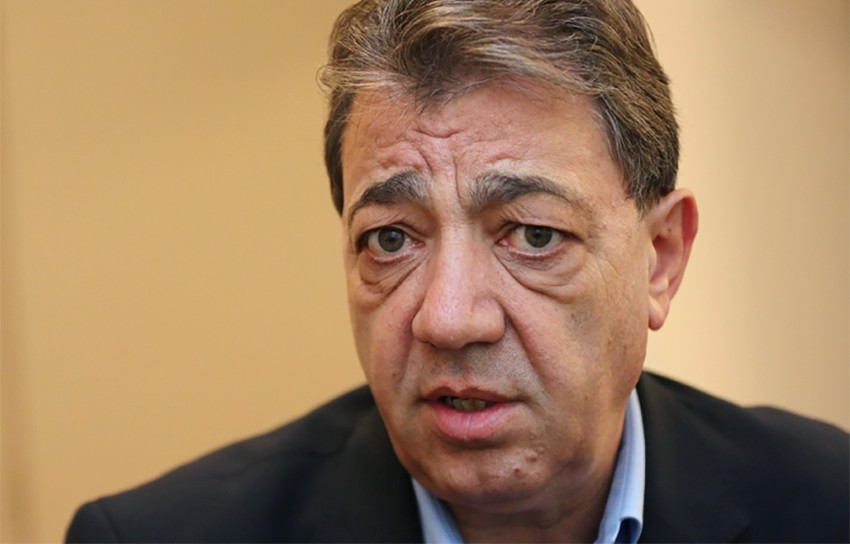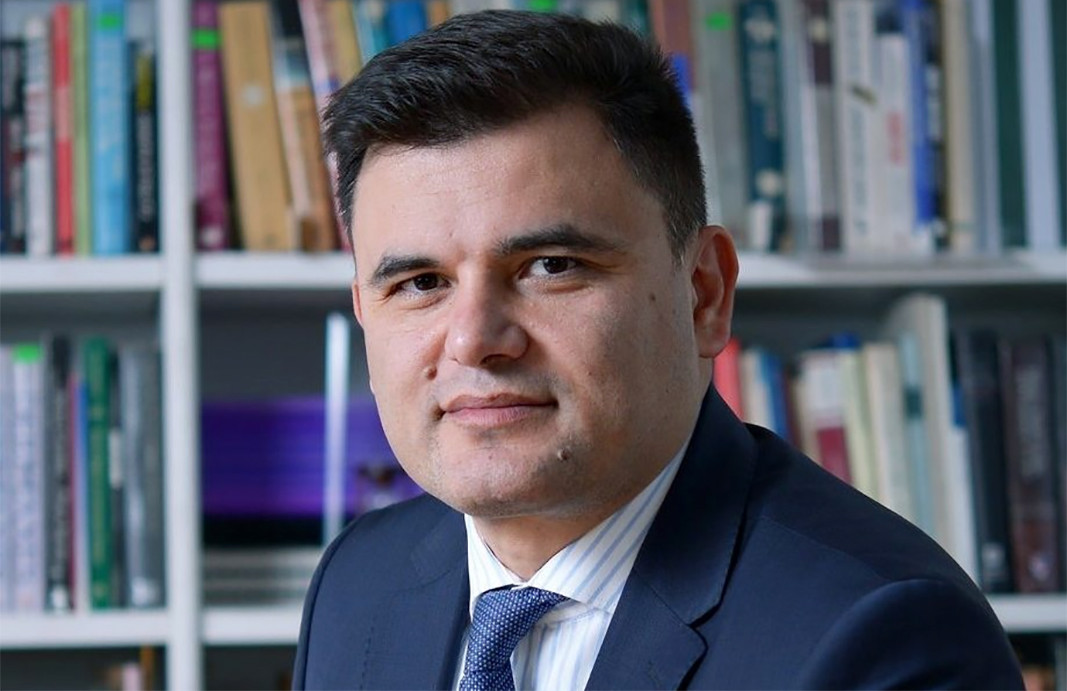The cost of the fall of the Bulgarian government in the short-term amounts to BGN 900 million or almost EUR 460 million, says Latchezar Bogdanov, Chief Economist at the Institute for Market Economics. But if the political crisis is to deepen, the result, in the mid- and long-term, could push up the cost we all have to pay even higher – and could mine the country’s road to the Eurozone, for example, and the predictability of the tax model as a whole.
As war rages on, inflation rises, the prices of raw materials soar, and facing the prospect of an energy shortage, the country is now edging towards one more early election for parliament or a new government, that would hang by a thread that the slightest breath of wind could break.
“The parties seem to be wrapped up in their petty political squabbles and are not showing the public any way out of this situation,” Prof. Vili Lilkov, a politician with a career both in parliament and in Sofia municipality said for BNR-Vidin, and went on to describe the current political situation in Bulgaria as “overly complicated”.

“Two years ago a powerful movement emerged calling for a change of the political model, for a return to parliamentarianism, for removing all corrupt officials,” he adds. “At the same time new political projects are springing up, professing to be the herald of something new. Yet we find ourselves in a difficult situation domestically, but also in a new situation geopolitically because of the war in Ukraine. We also have economic problems connected with energy resources, even though the economy is, on the whole, going well.”
When there is no stable parliamentary majority that knows what kind of additional expenditure it can afford, money is allocated without any control, through what are known as thematic majorities, says Latchezar Bogdanov from the Institute for Market Economics, and gives as an example the recent update of the state budget and the additional money for salaries in some sectors, for hospital equipment, for municipalities.

“If the government can afford to spend one billion on various measures outside a budget that has already been approved, would you say these are the smartest measures with the best effect?” the economist asks. In view of the current political situation, he cautions there may be a risk to the fiscal stability of the country.
“The biggest challenge at the moment is for the economic growth to continue,” Latchezar Bogdanov says further. “If we have businesses that are competitive, a high employment and low unemployment rate, new and growing investments, then the private sector would also raise salaries and even with the inflation, a great many households would be able to retain their spending power. A functioning economy also means more tax revenues entering the budget. And that would mean more social spending without having to exceed a 3% budget deficit, and an open door to the Eurozone in 2024. However, if we enter a recession, if businesses stop functioning and investments decline, then the domino effect would be turned around. So it is essential that in any political crisis we have a good business environment, and no matter who would be in power, that the functioning of economic life would never be jeopardized by sometimes foolish or irrational things. In other words, if they can do no good, they should at least do no harm in this political situation.”
In the conditions of war, any country will begin to think globally and to rearrange its priorities, Vili Lilkov points out. But Bulgaria is not part of this agenda, it is sinking deeper and deeper into small-time political bickering, he says.
“Every party is setting down dividing lines, putting their foot down and clamouring: that is a line we are not going to cross, at the same time Europe is undergoing restructuring,” Vili Lilkov says. “It’s about time we let low-level red lines well alone and started looking for alliances for the sake of long-term and global interests. After the election, the parties with Euro-Atlantic orientation and well-established values ought to join hands to guarantee a, let us call it geo-Euro-Atlantic majority in parliament on certain priorities and a full term of office.”
Interviews by Angela Kamenova, BNR-Vidin
Editing by Diana Tsankova
Photos: library
Citizens should remain calm about the introduction of the euro in Bulgaria from January 1, 2026, as the Bulgarian National Bank and commercial banks are ready for all processes related to the currency conversion and distribution of euro banknotes. This..
Bulgaria’s Ministry of Finance has published the draft state budget in euros for 2026. The country’s GDP is projected to reach EUR 120.1 billion, with an economic growth rate of 2.7%. Planned revenues amount to EUR 51.436 billion, or 42.8% of GDP...
In 2024, 8.2% of people aged 18 or over who declared to be at work (either employed or self-employed) in the EU were at risk of poverty, according to data from Eurostat, cited by the BNR's Horizont channel. In Bulgaria, this share reached 11.8%. The..

+359 2 9336 661
